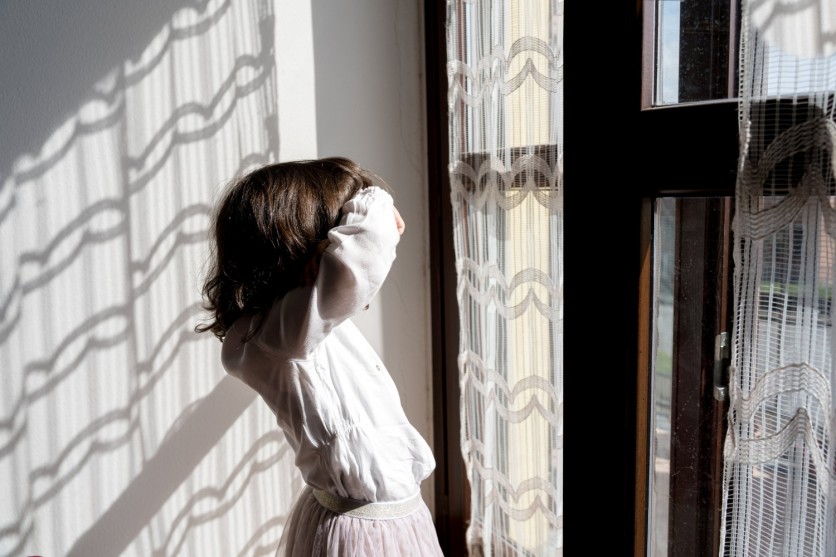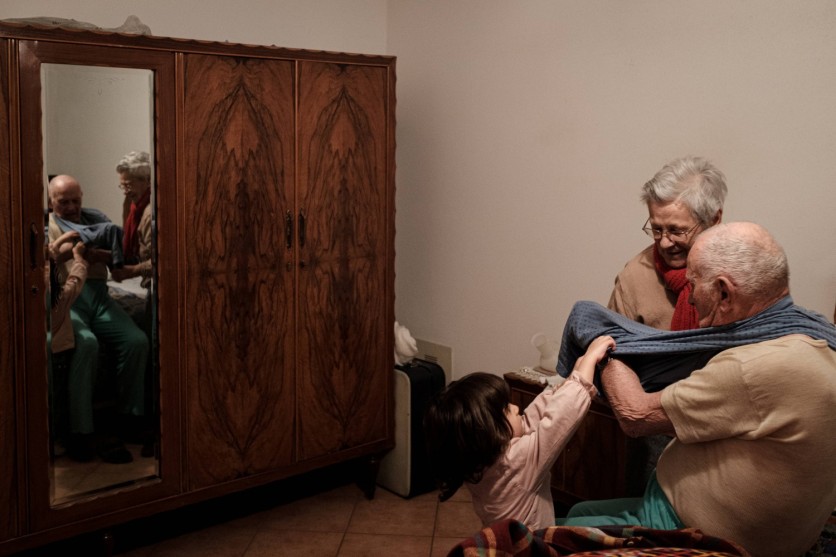
The dizzying numbers keep on coming. By Friday morning, Mar. 27, there have been whooping 8,215 deaths in Italy compared to 3,291 in China, according to Johns Hopkins University.
So how is it that the new coronavirus hit harder in Italy, which had weeks of warning that the epidemic changed into coming, than in China?
With age comes the weaker immune system
While the new coronavirus can infect humans of all ages, older adults appear as more vulnerable to becoming severely unwell after contracting the virus.

In Italy, 85.6% of those who have died were over 70, according to the National Institute of Health's (ISS) latest document.
With 23% of Italians over 65 years old, the Mediterannean country has the second-oldest population in the world after Japan. Researchers also believe that age distribution could also have played a role in raising the fatality rate.
Massimo Galli - head of the infectious disease unit at Sacco Hospital in Milan - told Al Jazeera these people have been more fragile than others.
According to the ISS's latest file tracing the profile of COVID-19 victims, 48 percent of the deceased had a median of three pre-existing illnesses.
Experts additionally pointed to Italy's "social contact matrix" as another feasible reason, although indirect, behind the broader spread of the coronavirus among older people.
"Elderly Italian humans, while most of them stay through themselves, aren't isolated," Linda Laura Sabbadini, principal director of the Italian National Institute of Statistics, told Al Jazeera.
Sabbadini explained the elderly lifestyles are characterized by more interaction with their children and the younger population compared to different countries.
She underscored their interactions decrease when such an external shock such as the coronavirus outbreak takes place. "For this reason, isolating elderly people apart should have right now been a priority," Sabbadini said.
Slow response
Alexander Edwards, an expert in immunology from the University of Reading, told CNBC there was a lot of spread before people realized the virus was present.
He explained that during most European countries, humans assumed the outbreak "was a problem elsewhere." Edwards said this initial mindset led to the short spreading of the virus in locations, which includes Italy and Spain.
In hindsight, the intense lockdown seems to have had an incredible effect. But at the time, informing 11 million people to stay at home seemed drastic and without a guarantee.
Italy implemented its first lockdown measures in late February, in eleven municipalities in the northern part of the country. A nationwide lockdown was effective in the region on March 9. "Italy was a bit behind," Edwards said.
ALSO READ : Coronavirus Update: Fear Batters The World As Italy Begins Lockdown Braces to Stop Infection Spread
Europeans to pay the price of an open society
To a few extents, experts say Europeans are paying a toll on living an open society. Governments aren't used to giving harsh orders, and residents aren't used to following them.
Dr. Arthur L. Reingold, head of the epidemiology division of the University of California, Berkeley, told The New York Times none of the measures imposed in the region had been as "draconian" and "extensive."
If Italy's lockdown measures are effective at stopping new infections, it's going not to grow to be evident in the numbers for a few greater days, at least, specialists say. In other countries, which took the one's measures later, the advantage will show up later.




